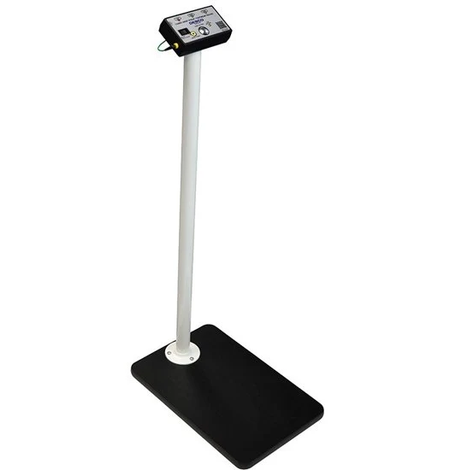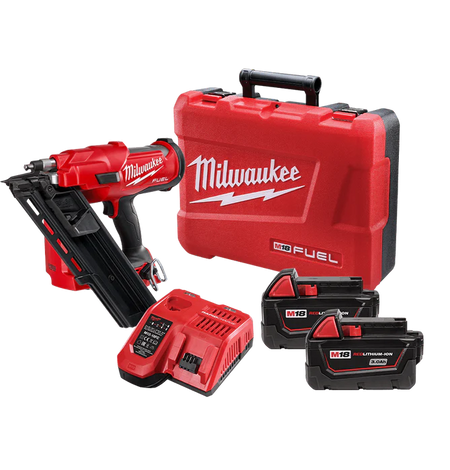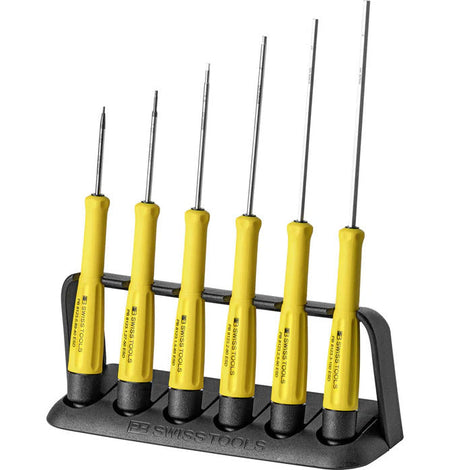Wire stripping is delicate work, which is why knowing what you are doing is very important. Here are some simple do's and don'ts when thinking about getting started on your next project.
Don't use the wrong tool
If you've got a chipped tooth or two then you know that one of the worst things you can do is use your teeth to strip a wire. Take it from me dental bills are more expensive than even the best wire stripper, which is why you should make sure you have the right tool for the job. Beginners often use a knife or scissors, and while this may work in some cases, it is usually best just to invest in a nice wire stripper and avoid all the pain of nicking your wire or cutting all the way through the strand.
Do buy yourself a wire stripper
Depending on the job there are many different options when it comes to wire strippers including adjustable, gauged and self-adjusting automatic wire strippers. Adjustable wire strippers can be difficult to adjust correctly, so they may not be the best choice if you are just starting off. Gauged strippers work well but only have specific sizes for wires that they work with. In the end, self-adjusting automatic wire strippers are your best choice, if they work. Many brands are less than useless, which means you should be looking for a reputable brand like Jokari if you want to buy the automatic option.
Don't use the same tool for every job
While you might be tempted to use your wire stripper for everything sometimes this can do more damage than good, which is why you should be ready to change your technique depending on the requirements of your wire.
Do make sure you have the right technique to suit your wire
For electrical cords and plastic-sheathed cable you should be using a utility knife to score the outside and expose the wires, then a wire stripper to remove the insulation. Other wires, however, require a different technique. For very thin wires it might be better to use a gauged stranded wire stripper because there is less chance of nicking the wire than with the automatic option. For underground cable you may not use wire strippers at all, but simply a utility knife to strip the sheathing and then pull it back with your hand.
Don't work with live wires
Safety should always come first when working with electricity, which is why you should never work with live wires and always test wires before starting work if in doubt.
Do use a voltage detector
Even if you've already shut things off at the breaker box, it can still be a good idea to test the wires to make sure they aren't live. A good voltage detector like Fluke can give you a bit of assurance that its safe to start work.
Don't use a wire if you've damaged it
Both automatic and manual wire strippers can damage a wire by nicking it or cutting through strands. Using this part of the wire despite the damage can cause electrical issues down the line, which is why it is important to get it right.
Do start again if you need to
If you do damage the wire then snip off the part that's been damaged and start the stripping process fresh. This ensures that the end product is durable and won't cause issues after you've packed everything up.
Don't buy the cheapest brand
Wire stripping is delicate work, which is why buying the cheapest brand can often cause more pain than it's worth. Even with automatic strippers nicking the wire or damaging it is common if you don't have a quality tool by a reputable brand.
Do buy from a reputable supplier
There are hundreds of brands out there to choose from when buying a wire stripper, which is why you should try to stick with known, reputable brands to make sure you are getting bang for your buck. If you are looking for an affordable option that still does the job you can look to Irwin, for the best balance between quality and price Klein is great, while if you are really looking for the best of the best then you might choose a Jokari or Knipex automatic wire stripper.






